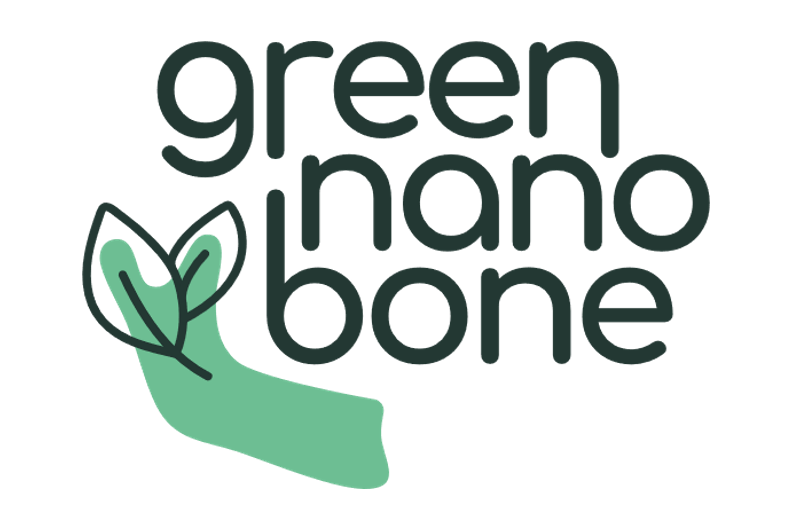
The University of Liverpool, including members of the Department of Physics, is leading an €8.6m EU-funded project, GreenNanoBone, to tackle a painful side effect of cancer treatment: medication-related osteonecrosis of the jaw (MRONJ). This serious condition, caused by common bone-targeting agents used in cancer care, affects around 6,000 people each year in the UK and EU — a number that’s rising with improving cancer survival rates.
GreenNanoBone aims to develop sustainable, AI-optimised biomaterials to regenerate bone and soft tissue while promoting a circular economy. At its core are injectable and printable 4D hydrogels made from residual potato pulp and other food waste. These plant-based materials will be bioactive, biocompatible, and antimicrobial — offering a minimally invasive alternative to current treatments that often rely on long-term antibiotics.
The project brings together 18 partners across Europe, with expertise ranging from clinical research to social science and health economics. At Liverpool, contributions span multiple faculties, including Dr Joe Forth from the Department of Physics (Condensed Matter).
Aligned with Horizon Europe’s strategic priorities, GreenNanoBone combines regenerative medicine, AI, and sustainability to pioneer innovative, responsible solutions for healthcare. You can read more about the project at its website.